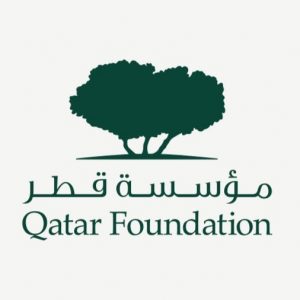
Global Consortium for Sustainability Outcomes (GCSO)
Global Consortium for Sustainability Outcomes (GCSO) members are universities, research institutes and corporations that are committed to sustainability outcomes through their initiatives, research and teaching.
The GCSO funds collaborative projects that fulfill GCSO’s mission: toimplement and scale solutions to sustainability challenges. Thesecollaborative projects create far-reaching, on-the-ground impact andinvolve implementers from the beginning.
Along with Arizona State University (USA), King’s College London (UK) and Tecnológico de Monterrey (Mexico), DCU Water Institute is implementing wastewater epidemiology in the context of a technique known as Urban Metabolism Metrology (UMM), a methodology and scientific tool that measures sustainability and community health indicators in near real-time using urban wastewater as a diagnostic matrix.
The global teams obtain near real-time data on the following sustainability metrics: 1) occurrence of toxic agents within urban environments, 2) related human exposures and toxic body burdens, and 3) the consumption of limited natural resources (e.g. phosphorus, rare earth materials) that pose threats to ecosystems and urban sustainability. Using UMM, the identification of these metrics will be used to inform programs and policies to reduce the threat of endocrine disrupters and drug-resistant bacteria globally, reduce the production and consumption of non-green chemicals that persist after wastewater treatment, and help manage the ongoing substance abuse crises around the globe.
The project will grow and scale the impact of UMM and improve global health outcomes by creating analytical Centres of Excellence and establishing new municipal partnerships worldwide.
With one year of GCSO funding, this project will:
Scale the number of UMM labs around the globe
Scale the number of sustainability indicators tracked routinely
Improve the data quality attained by participating labs
Scale the number of institutions and municipalities utilizing UMMmethodology
Contribute to the size of the Human Health Observatory, the largestrepository of UMM samples in the world
Increase the percentage of the human population monitored by UMM
Increase the number of fee-for-service UMM subscribers
GCSO Participants:
Prof. Rolf Halden and Joshua Steele, Biodesign Center forEnvironmental Health Engineering (ASU)
Prof. Fiona Regan, Dr. Jenny Lawler, Catherine Allen and Dr.Matthew Jacobs, Dublin City University Water Institute (DCU)
Dr. Leon Barron and Dr. Kelvin Ng, King’s College London (KCL)
Dr. Roberto Parra Saldívar and Dr. J. Edwardo Sosa Hernández,Tecnológico de Monterrey (TEC)
Implementing Partners:
City of Tempe
City of Louiseville
Thames Water
Agua Trenaje
Irish Water

International Collaborators
DCU Water Institute is hugely active in the international water space, and International Collaborations are core to the future growth and development of DCU Water Institute, so please contact us here if you are interested in becoming a partner or collaborator of DCU Water Institute.
We are delighted to have current and on-going collaborations with the following renowned and esteemed organisations:

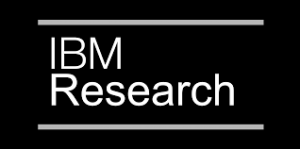
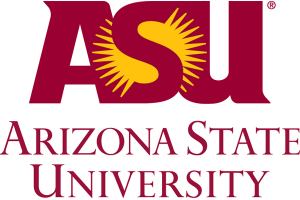
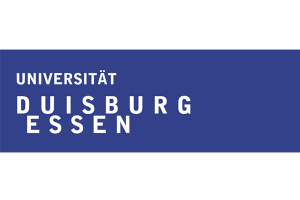
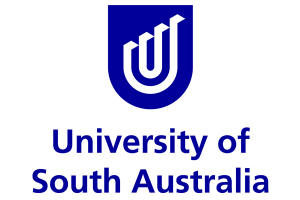
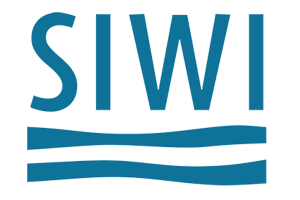
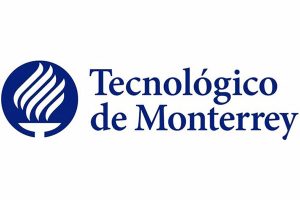
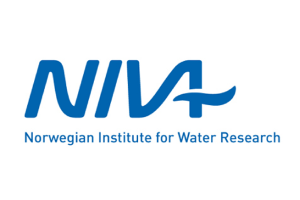
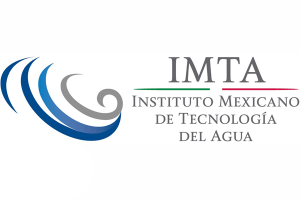
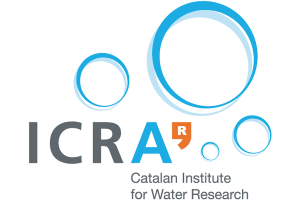
1) DCU & GEMS Water
DCU is delighted to be part of the GEMS/Water Initiative. This is a comprehensive global water quality monitoring system and network, led by the United Nations Environment Programme (UNEP), and Ireland will provide funding of €600,000 per annum to the programme over a 5-year period. The programme will provide support for global, regional, and national environmental assessment and reporting processes on the state and trends of water resources by providing access to quality-assured data and information on water quality in freshwater ecosystems worldwide.
The programme was effective from 2014 and with the termination of the Environment Canada funding for GEMS/Water that year, the new programme has moved into a transition phase and co-hosting arrangements structure for which the different components are outlined below. Under the transition phase of new GEMS/Water, a Global Programme Coordination Unit (GPCU) has been established, based at UNEP’s Division of Early Warning and Assessment (DEWA) in Nairobi, Kenya with support and input from UNEP’s inter-divisional Water Group and a Steering Committee (SC). Services to inform policy making and coordinating direction are part of the responsibilities of the GPCU. The Steering Committee will be chaired by the Director of UNEP-DEWA and will provide guidance to the GPCU on how to better synergise with other similar and complementary programmes/activities. SC will assist in soliciting wider support for the implementation of GEMS/W programme as well as partnerships to build stronger networks of collaborators.
The GEMS/Water Programme will also be supported by a global network comprised of regional hubs, National Focal Points (NFPs and Collaborating Focal Points (CFPs). A set of collaborating centres with expertise in particular areas will complement the new network structure. Under such proposed arrangements, UNEP will strengthen the GPCU to provide a more effective coordination and management.
The GEMStat component will be hosted by the German Federal Ministry for the Environment, Nature Conservation, Building and Nuclear Safety (BMUB) through the German Federal Institute for Hydrology (FIH). After 35 years of successful operation of the GEMS/Water Global Data Centre including the global water quality database GEMStat in Canada, the Government of Germany supports the operation of GEMStat as of April 1st, 2014. Under an agreement between UNEP and the German Federal Ministry for the Environment, Nature Conservation, Building and Nuclear Safety (BMUB), the German Federal Institute for Hydrology (FIH) shall provide the appropriate professional personnel, technical facilities and their maintenance and technical support. As part of its efforts towards ensuring credible water quality data from laboratories in developing countries it will support capacity building activities including conducting of performance evaluation studies in collaboration with the GPCU. The World Water Quality Assessment (WWQA) report will make use of the Water Quality data at the GEMStat database to contribute to targeted assessments.
In Ireland, the programme is led by Dr Deborah Chapman, UCC, with DCU Water Institute as a partner.. Dr Chapman is leading the capacity building activities with support from a consortium of Irish universities and institutions. The centre is partnering with the FIH in Germany as co-hosts of the new GEMS/Water Programme and engage with regional hubs and other partners as appropriate. The capacity building component of the programme builds knowledge and skills for monitoring and analysing of Water Quality parameters at national, regional and global as well as institutional levels.
For further information on GEMS Water, please click here.
2) DCU International Projects
Two DCU Water Institute PI’s, Dr Brid Quilty and Dr Brian Corcoran have been involved in research projects under the Water Is Life Programme.
Led by Dundalk Institute of Technology (DkIT), the large multi-disciplinary project entitled ‘Water Is Life: Amazzi Bulamu’ comprising of a partnership of Irish Higher Education Institutions (NUI Maynooth, Dublin City University, Trinity College Dublin, The Royal College of Surgeons in Ireland, University College Dublin and Queen’s University Belfast), Makerere University, Kampala, Uganda, the Medical Missionaries of Mary and various NGOs.
Dr Brian Corcoran’s research is aimed at improving water supply and water quality in developing countries through the development of low maintenance pump technologies. You can read more on Dr. Corcorans work here.
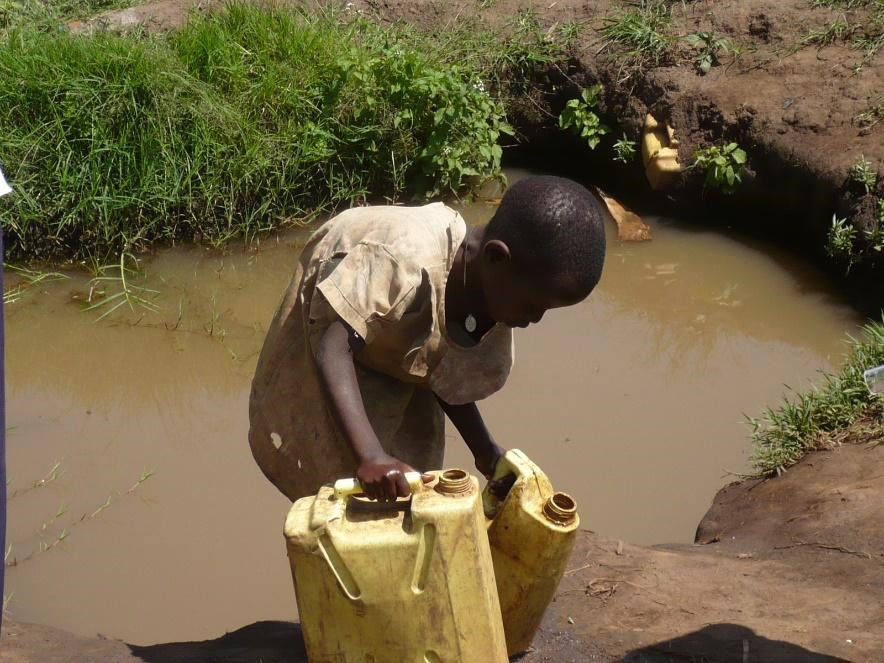
Dr Brid Quilty’s research focussed on the photo-disinfection of water using sunlight. Dr Quilty’s Water is Life: Amazzi Bulamu” project, is another fine example of a research programme that incorporates a variety of partners, such as Irish Aid and the Higher Education Authority, and emphasises community engagement. As Dr. Quilty noted, the technology for treating our wastewater is not particularly new – instead, a large part of the challenge for WASH is a matter of infrastructures, the growing scale of populations, and the load put on the systems. However, these often forgotten basics really are “absolutely essential to our well being.”
Dr Brid Quilty is continuing her research work on the H2020 project WATERSPOUTT.

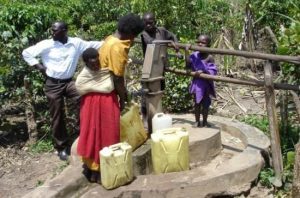
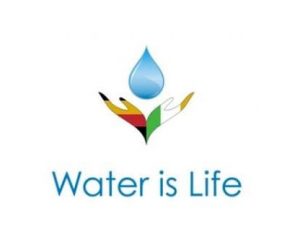
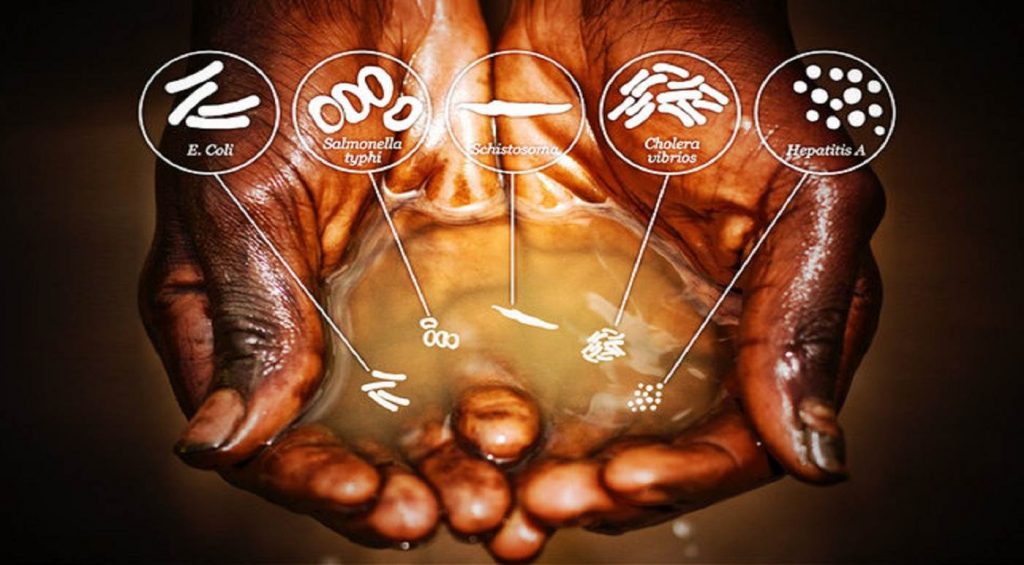
Useful Links:
World Water Assessment Programme
UNDP Water and Ocean Governance
UN-HABITAT Water and Sanitation
A Post-2015 Global Goal for Water: Recommendations from UN-Water
Water and Sustainable Development Goals
Information briefs on water and sustainable development
UN-Water Decade Programme on Advocacy and Communication
